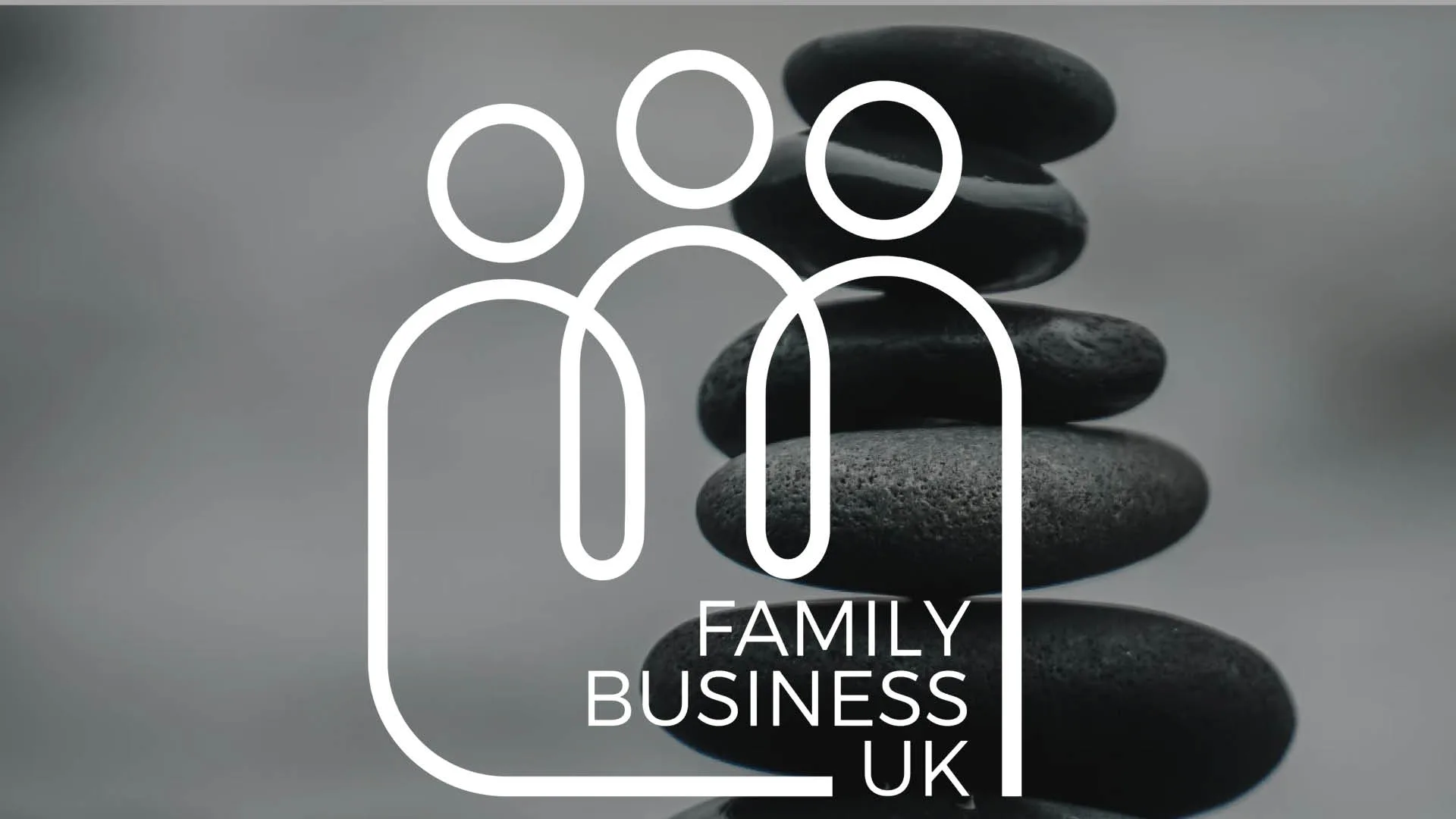Avoid Potential Pitfalls
All too often, family business owners do not consider transferring their business until they are ready to retire. It is crucial to plan early.
A lack of communication and emotional barriers between generations are also sometimes obstacles. Business owners might be concerned that their successors are not demonstrating the required level of ambition and ability. However, their apparent inadequacies might actually stem from the weight of expectation on them – your success can be daunting for your children to try and match.
Whilst such issues can present challenges, they can often be managed by forethought and openness.
Make a Succession Plan
Understandably business owners are often focussed on the day-to-day running of the business, and dealing with succession planning can be pushed to one side. However, making a succession plan is key to providing that much-needed certainty and clarity for family members and other stakeholders.
Key points to consider:
- Control and involvement in the business
- To what extent would you be happy to pass on control to the next generation, and when? What do you see your business looking like in 2 years, 5 years or even 15 years?
- Financial requirements
- Do you envisage passing on any ownership interest during your lifetime or only upon death? Will you need to extract capital from the business at some point, or perhaps a regular income for yourself or family members is required?
- Business ownership
- Should the business be kept in the family, or will outside investors need to be brought in? How should the business be structured in the future?
Of course the answers to these questions will change over time as the family grows and the business evolves. A succession plan should be continually reviewed to reflect events and changing objectives.
Discuss the Plan
Consider having a transparent dialogue with the family regarding the future of the business and your plans for it.
Key points for discussion:
- What is the purpose of the business?
- Establishing the long-term vision and goals of the business, and ensuring the family are aligned with them, will help facilitate a smoother transition.
- Is the next generation willing and able to be involved in the future of the business?
- Consider individuals’ strengths, skills and suitability for potential roles within the business, as well as what their ambitions and desires are.
- If a successful transfer of the business to the next generation is not necessarily going to be the best option, it is also worth noting that sometimes the best outcome is a sale in the current business owner’s lifetime, and the sale proceeds instead being distributed to the next generation.
Put the Plan into Effect
Family business succession is a process often involving both the transfer of the ownership and management of a business. The share ownership of a company (and therefore its value) can be separated from its management. It is therefore possible for some family members to hold shares in the company without being involved in the day-to-day running of it.
Key points to consider:
- Corporate Structure and Governance
- Is any corporate restructuring or reorganisation required to achieve the desired outcome? Sometimes the use of family investment companies, holding companies and alphabet shares are useful at this stage.
- Who should be entitled to be directors or have a say in business decisions? If the next generation is inexperienced, it might be worth considering the appointment of an experienced, independent non-executive director.
- The company’s articles of association and any shareholders’ agreement should be carefully reviewed and, if necessary, revised to ensure that the business can be managed as intended going forward.
- Family Conflict
- Differing visions and approaches between family members can lead to problems. Putting conflict resolution provisions in place could help guide the family through any turbulent times. Clearly defining family member roles and duties could also assist in avoiding future issues.
- Wills and Tax Planning
- Wills are a vital succession planning tool and should be put in place to ensure the shares in the family business are distributed in accordance with your wishes.
- Specialist tax advice should always be taken to see if it will be possible to avoid the need for the company to be sold to meet any Inheritance Tax (IHT) liability, such as whether Business Property Relief will be available.
Educate the Next Generation
It will undoubtedly be helpful to educate and pass on your experience to the next generation about the business as much as possible.
Key points to consider:
- Has the next generation been given sufficient exposure to the business to understand how to run and manage it?
- Should they be given more responsibility at an early stage?
- Are you essential to the success of the company, for example to its relationships with its customers? How will it be best to ensure such relationships continue for the benefit of the next generation?
In Summary
Balancing familial bonds with the effective transition of a business is complex, but considering the issues and taking professional advice at an early stage will provide a better chance of the business carrying on successfully in future generations.
For further information, please contact Howard Taylor, Hannah Bingham or your usual contact in the Corporate Department or, alternatively, telephone on 020 7465 4300.








